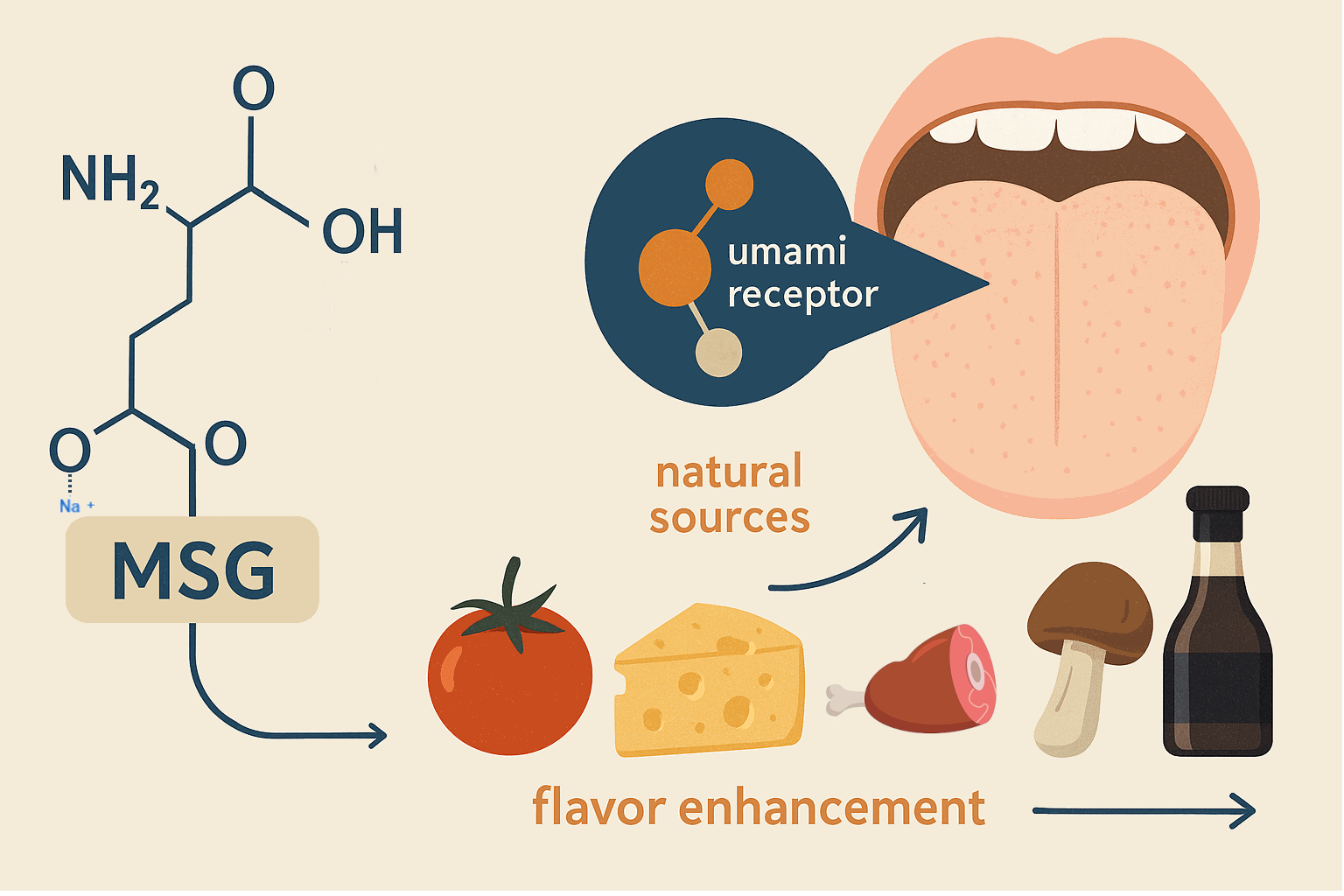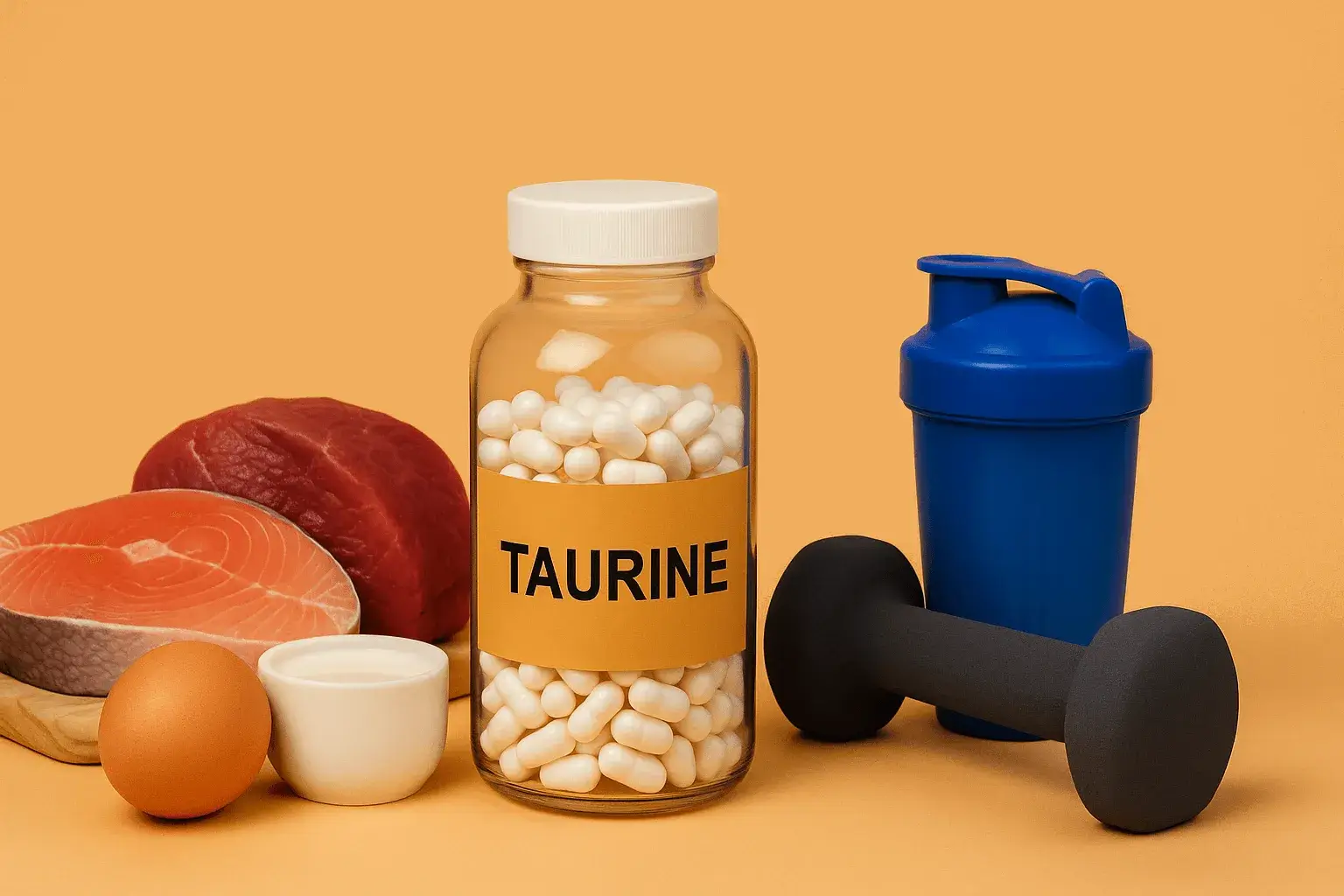
Erythritol: Is It Heart-Safe?
- Marcus Reed
- Health , Nutrition , Science
- May 25, 2025
Table of Contents
Fast Facts: Erythritol & Heart Health (TL;DR)
- Key Finding: Recent studies link erythritol to an increased risk of blood clot formation [1].
- Cardiovascular Risk: Elevated erythritol levels in plasma are associated with a higher chance of major cardiovascular events like heart attack and stroke [1].
- Platelet Activity: Erythritol may enhance platelet reactivity, contributing to its pro-thrombotic effects [1], [2].
- Safer Alternatives: Natural sweeteners like stevia and monk fruit currently appear to have a better safety profile regarding these specific cardiovascular concerns [3].
- Consumer Guidance: Moderation in erythritol consumption is advised; be mindful of its presence in processed foods and beverages [4].
Erythritol’s Shadow: Understanding Its Link to Blood Clotting and Heart Health
Erythritol, a popular sugar substitute (polyol or sugar alcohol) lauded for its near-zero calorie count and minimal impact on blood sugar, has recently faced intense scientific scrutiny. While it has been a go-to for individuals managing diabetes or following low-carb diets like keto, emerging research paints a more complex picture, particularly concerning its potential role in cardiovascular health [1], [9]. This article delves into the science behind these concerns, focusing on how erythritol might influence blood clotting and what this means for your well-being.
The Science: How Erythritol May Influence Blood Clotting
The cardiovascular system relies on a delicate balance to prevent both excessive bleeding and dangerous clotting. Platelets, small cell fragments in our blood, are key players in forming clots (thrombosis) to stop bleeding. However, when platelets become overly active or aggregate inappropriately, they can form clots that obstruct blood flow, potentially leading to severe events like heart attacks or strokes.
A landmark 2023 study published in Nature Medicine by Witkowski, Hazen, and colleagues brought erythritol’s impact on this system to the forefront [1]. Their research, involving thousands of participants in the U.S. and Europe, found that individuals with higher levels of erythritol in their blood plasma had a significantly increased risk of experiencing major adverse cardiovascular events (MACE), such as heart attack, stroke, or death, over a three-year period.
Key Mechanisms Under Investigation:
- Enhanced Platelet Aggregation: The study demonstrated that erythritol exposure could make platelets more prone to clump together. In laboratory experiments (in vitro), adding erythritol to human platelet-rich plasma increased their responsiveness to stimuli that trigger clotting [1].
- Increased Thrombosis Potential: Pre-clinical models (in vivo) further suggested that erythritol could promote clot formation. When researchers administered erythritol to healthy volunteers, they observed that plasma levels of erythritol remained markedly elevated for over two days—well above thresholds associated with increased clotting risk in their lab studies [1], [2]. This sustained elevation is a critical point, as it implies a prolonged period of heightened thrombotic risk after consuming typical amounts found in processed foods or sweetened beverages.
- Oxidative Stress and Endothelial Function: While the primary focus has been on platelets, other research, such as findings discussed concerning erythritol’s effects on vascular health, suggests erythritol might also contribute to oxidative stress and impair endothelial function. The endothelium is the lining of blood vessels, crucial for maintaining vascular health. Dysfunction here can be a precursor to atherosclerosis and other cardiovascular diseases. Reduced nitric oxide production, a key molecule for vasodilation, has been a point of concern [5].
It’s important to note that some of erythritol in the body can be endogenously produced (made by our own metabolism), particularly under conditions of oxidative stress or impaired glucose metabolism. The Witkowski et al. study acknowledged this, suggesting erythritol might be both a contributor to and a biomarker of cardiovascular risk [1]. However, the levels observed after consuming erythritol-sweetened products far exceed typical baseline physiological levels.
Comparing Erythritol: How Does It Stack Up Against Other Sweeteners?
The sweetener landscape is vast, ranging from other sugar alcohols (like xylitol and sorbitol) to natural non-nutritive sweeteners (NNS) like stevia and monk fruit, and artificial NNS like aspartame and sucralose. Each comes with its own metabolic profile and potential health implications.
- Stevia and Monk Fruit: These plant-derived sweeteners are generally considered safe and do not currently share the specific blood clotting concerns associated with erythritol [3], [5]. They are often recommended as alternatives for individuals seeking to reduce sugar intake without the newly highlighted risks of erythritol. However, it’s crucial to choose pure forms, as some commercial products blend them with erythritol or other fillers.
- Other Sugar Alcohols: Xylitol, another common sugar alcohol, has some data suggesting it might also affect platelet function, though the mechanisms and risk profile may differ from erythritol [11]. Most sugar alcohols can cause digestive upset (bloating, gas, diarrhea) in sensitive individuals or when consumed in large amounts due to their poor absorption.
- Artificial Sweeteners (Aspartame, Sucralose, etc.): These have been the subject of ongoing debate regarding long-term health effects, including potential links to altered gut microbiome, metabolic dysregulation, and even increased risk of certain diseases in some observational studies [7], [11], [13]. While they don’t have the same direct pro-thrombotic mechanism identified for erythritol, their overall impact on cardiovascular health is an area of active research. A large cohort study (NutriNet-Santé) found associations between overall artificial sweetener intake and increased cardiovascular disease risk [7].
The key differentiator for erythritol, based on recent findings, is its apparent direct action on platelet reactivity at levels achievable through dietary consumption [1], [2].
| Sweetener | Sweetness Intensity | Impact on Blood Glucose | Cardiovascular Risks | Consumer Perceptions |
|---|---|---|---|---|
| Erythritol | 60%-80% of sugar | No impact | Increased clotting risk [1] | Mixed; concerns about cardiovascular risks |
| Monk Fruit | 100-250x sweeter | No impact | No significant risks identified | Growing acceptance; preferred for keto diets |
| Stevia | 200-400x sweeter | No impact | Minimal; potential gut microbiome effects [9] | Concerns about aftertaste |
| Aspartame | 200x sweeter | Low impact | Linked to cancer risks [7] | Widely debated; polarized opinions |
Long-Term Health Risks and Navigating Consumer Choices
The implications of long-term, regular erythritol consumption are still being fully elucidated. The 2023 Nature Medicine study was observational for the human risk component (identifying association, not direct causation for MACE in humans) but included experimental work demonstrating mechanisms [1]. This has understandably raised concerns among consumers and health professionals.
Points for Consumers to Consider:
- Read Labels Carefully: Erythritol is prevalent in “sugar-free,” “keto-friendly,” and “low-carb” products, including beverages, baked goods, candies, and even some medications or supplements. Its presence isn’t always prominently advertised [4], [8].
- Moderation is Key: Until more is known, individuals, especially those with pre-existing cardiovascular conditions, diabetes, or other risk factors (like hypertension or obesity), may wish to moderate their intake of erythritol [1], [5], [10].
- Understand “Natural” Doesn’t Always Mean Risk-Free: Erythritol occurs naturally in some fruits and fermented foods but in much smaller quantities than those used in processed products. The high amounts consumed from sweetened foods are what drive plasma levels to the concerning ranges identified in studies [1].
- Regulatory Status (GRAS): Erythritol is “Generally Recognized As Safe” (GRAS) by the U.S. Food and Drug Administration (FDA) [6]. However, this status often relies on data that may predate the latest specific findings on cardiovascular risk. Regulatory bodies may re-evaluate such statuses as new, robust evidence emerges [4].
- Focus on Whole Foods: The healthiest approach to sweetness is often to reduce overall reliance on any concentrated sweeteners and opt for whole fruits to satisfy cravings, which also provide fiber, vitamins, and beneficial phytonutrients.
Expert Perspectives and The Path Forward
Nutrition experts and medical organizations are now urging caution. Dr. Stanley Hazen, a lead author of the pivotal 2023 study and Chair of Cardiovascular Diagnostics and Prevention at the Cleveland Clinic Lerner Research Institute, emphasized that more research is needed to confirm the findings in broader populations but stated, “For people who are at risk for clotting, heart attack and stroke… there’s sufficient data here to say stay away from erythritol until more research is done” [5], [9].
The American Heart Association has also highlighted these findings, underscoring the need for consumers to be aware of this potential link [10]. There are calls for increased transparency in labeling and for further research, including long-term randomized controlled trials, to definitively establish causality and quantify risk across different populations and consumption levels [4].
Conclusion: Making Informed Choices About Erythritol
The conversation around erythritol has shifted significantly. Once viewed primarily for its benefits as a low-calorie sweetener, it now carries a notable question mark regarding its cardiovascular safety profile, specifically its potential to increase blood clotting risk.
For health-conscious individuals, especially those aged 25-45 seeking reliable, science-backed advice, the current evidence suggests a cautious approach. While erythritol is not acutely toxic, the potential for increased thrombotic risk with regular consumption of amounts found in many processed foods cannot be ignored [1], [2].
Practical Takeaways:
- Be Aware: Recognize that erythritol is a common ingredient in many “health-marketed” processed foods.
- Prioritize Alternatives: If you use sweeteners regularly, consider alternatives like pure stevia or monk fruit, which do not currently have these specific concerns, while being mindful of overall sweetener intake [3], [5], [12].
- Consult Professionals: If you have cardiovascular disease, diabetes, or other risk factors, discuss your sweetener use with your doctor or a registered dietitian.
- Stay Informed: Research in this area is evolving. Continue to follow updates from reputable health organizations and scientific journals.
Ultimately, minimizing processed foods and added sweeteners of all kinds remains a cornerstone of a heart-healthy, evidence-based diet.
Frequently Asked Questions (Q&A)
Q1: What are the primary health concerns associated with erythritol?
Q2: How does erythritol consumption impact platelet function?
Q3: Are there sugar substitutes with fewer cardiovascular risks than erythritol?
Q4: How much erythritol is considered risky?
Q5: Is erythritol still considered safe by regulatory agencies?
Disclaimer
The information provided on BioBrain is intended for educational purposes only and is grounded in science, common sense, and evidence-based medicine. It is not a substitute for professional medical advice, diagnosis, or treatment. Always consult a qualified healthcare provider before making significant changes to your diet, exercise routine, or overall health plan.
References
- Witkowski, M., Nemet, I., Alamri, H., Wilcox, J., Gupta, N., Nimer, N., Haghikia, A., Li, X.S., Wu, Y.,Absorption and T Cell Immunomodulatory Effects of Erythritol. & Hazen, S.L. (2023) "The artificial sweetener erythritol and cardiovascular event risk."
- Hazen, S.L. (2023) "Erythritol and Thrombotic Risk: Mechanistic Insights."
- Harvard T.H. Chan School of Public Health (2023) "Are sugar substitutes such as erythritol a healthy alternative?"
- Kalliopi Pafili, Michael Roden (2023) "The sugar-free paradox: cardiometabolic consequences of erythritol"
- Cleveland Clinic (2024) "Is Erythritol Bad For You? What New Research Says."
- U.S. Food & Drug Administration (FDA) "Generally Recognized as Safe (GRAS)."
- Debras, C., Chazelas, E., Sellem, L., Porcher, R., Druesne-Pecollo, N., Esseddik, Y., Szabo de Edelenyi, F., Agaësse, C., De Sa, A., Lutchia, R., Louzada, M.L.D.C., Julia, C., Kesse-Guyot, E., Allès, B., Andreeva, V.A., Hercberg, S., & Touvier, M. (2022) "Artificial sweeteners and risk of cardiovascular diseases: results from the prospective NutriNet-Santé cohort."
- Consumer Reports (2023) "The Hidden Dangers of Sugar Substitutes."
- Yale Medicine (2023) "Erythritol: Is This Sugar Substitute A Health Risk?"
- American Heart Association (2023) "Commonly used sweetener erythritol linked to higher rates of heart attack and stroke."
- Johns Hopkins Medicine "Artificial Sweeteners: Are They Safe?"
- Mayo Clinic Staff (2023) "Artificial sweeteners and other sugar substitutes"
- World Health Organization (WHO) (2023) "WHO advises not to use non-sugar sweeteners for weight control in newly released guideline"
Tags :
- Erythritol
- Sugar substitutes
- Cardiovascular risk
- Blood clots
- Heart health
- Sweetener safety
- Evidence based nutrition
- Erythritol side effects
- Safer sugar alternatives


